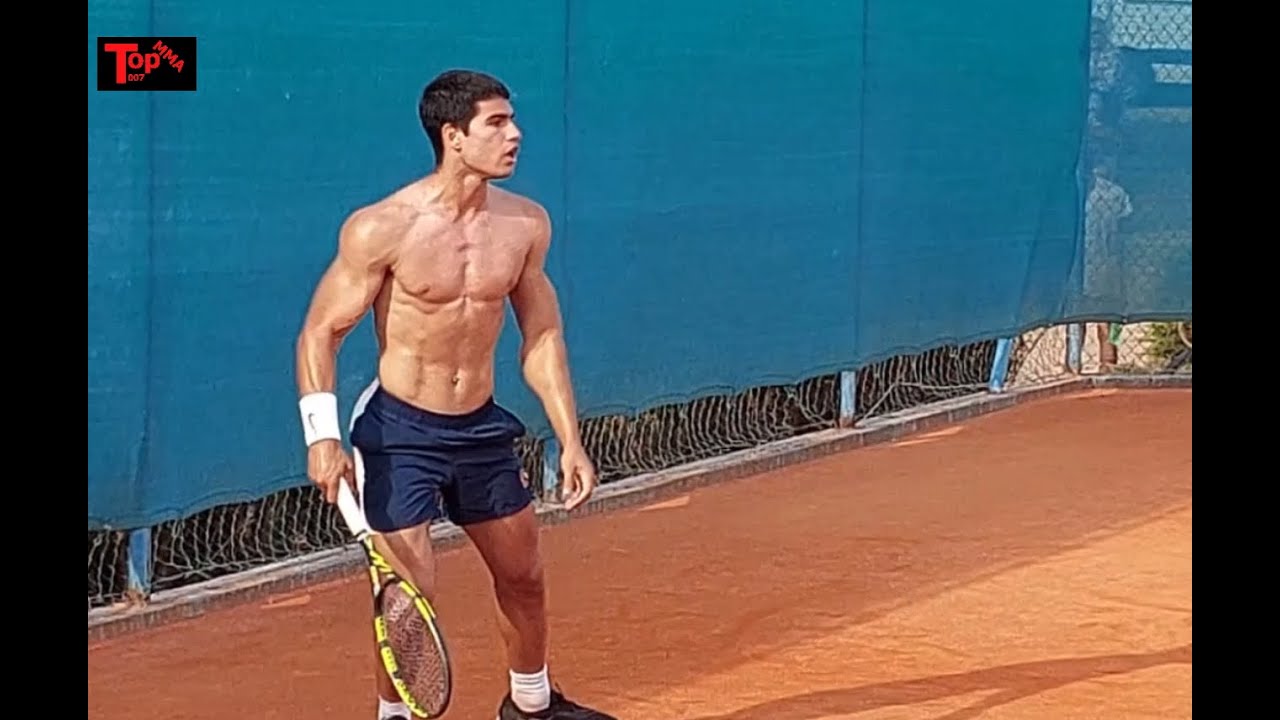
Wimbledon, a stage often reserved for triumphs, recently served up a different narrative for Carlos Alcaraz. His defeat in the final against Jannik Sinner was not merely a loss of a match, but a catalyst for a wave of introspection and sharp critique, particularly from his home country of Spain. The initial Spanish press reactions, ranging from «Intractable» to «Destrozo» (Unplayable/Devastation), underscored a collective disappointment that belied Alcaraz`s prodigious achievements.
One might imagine such a prodigious talent, a 22-year-old already boasting five Grand Slam titles, would be shielded from excessive scrutiny. Yet, the aftermath of Wimbledon proved that even champions of his caliber are not immune to the dissecting gaze of analysts, especially when an adversary begins to expose perceived vulnerabilities.
The Unvarnished Truth from Toni Nadal
Enter Toni Nadal, uncle and long-time mentor to the legendary Rafael Nadal, a man whose words carry the weight of countless Grand Slam victories. His comments, published days after the final, reignited a dormant debate surrounding Alcaraz`s strategic approach. Toni Nadal did not mince words, suggesting that Alcaraz needed to «vary his game more,» drawing a subtle yet pointed comparison to the tactical flexibility demonstrated by Grigor Dimitrov in his earlier rounds.
«The Wimbledon final was not a spectacular match,» Toni Nadal observed. «Carlos lowered his intensity a bit; he showed a more intermittent and irregular game. After that, he also lost confidence in himself and in the possibility of winning, and indeed, he lost.» This critique highlighted a fundamental aspect of high-level tennis: the ability to adapt, to pivot, and to disrupt an opponent`s rhythm when raw power alone proves insufficient.
Alcaraz`s Candid Confession
Perhaps the most telling revelation came directly from Alcaraz himself. In a moment of striking candor on court, he was heard exclaiming to his box, «From the baseline, he (Sinner) is better than me.» Later, in his post-match press conference, he admitted to a disconcerting feeling of helplessness: «I didn`t know what to do.» Such an admission from a player of his caliber is rare and speaks volumes about the mental and strategic challenge Sinner presented.
This frankness, while refreshing, perhaps only echoed sentiments already circulating within Alcaraz`s inner circle. Reports suggest that Alcaraz`s coach, Juan Carlos Ferrero, and his management have grown increasingly frustrated with what they perceive as recurring tactical missteps and moments of mental lapse. While Alcaraz`s «superhuman talent» often allows him to override strategic imperfections, particularly evident in his multiple Grand Slam wins, it appears this innate ability is no longer a guaranteed antidote, especially against an opponent like Sinner, who operates with surgical precision.
A Rivalry Redefined: The Psychological Edge
The implications are profound, especially for the burgeoning rivalry with Jannik Sinner. The narrative that Sinner had entered Alcaraz`s head, or vice versa, has been a dynamic feature of their encounters. Previously, it was Alcaraz who seemed to occupy the prime real estate in Sinner`s mental landscape, but the Wimbledon final suggests a significant reversal. Sinner`s composed, relentless performance, coupled with Alcaraz`s self-professed uncertainty, points to a potential psychological shift where the Italian now holds the mental upper hand.
The Champion`s Retreat
In the immediate aftermath, Alcaraz opted for a tactical retreat of his own. Eschewing the usual post-Slam escape to his beloved Ibiza, he returned to his home in Murcia, seeking solace and counsel from family and long-time friends. He was even spotted visiting his trusted barber. Whether this quiet return is a sign of deep introspection and a committed effort to address his game`s nuances, or merely a pragmatic escape from the incessant glare of the public eye, only time will tell. However, for a player who has known little but success, this defeat is undoubtedly one of the most significant disappointments of his young, yet already illustrious, career.
The road ahead for Carlos Alcaraz will be defined not just by his undeniable talent, but by his capacity to evolve, to inject greater strategic variation into his formidable game, and crucially, to reclaim the psychological high ground in what promises to be one of tennis`s most compelling rivalries for years to come. The ball, as they say, is now firmly in his court.

